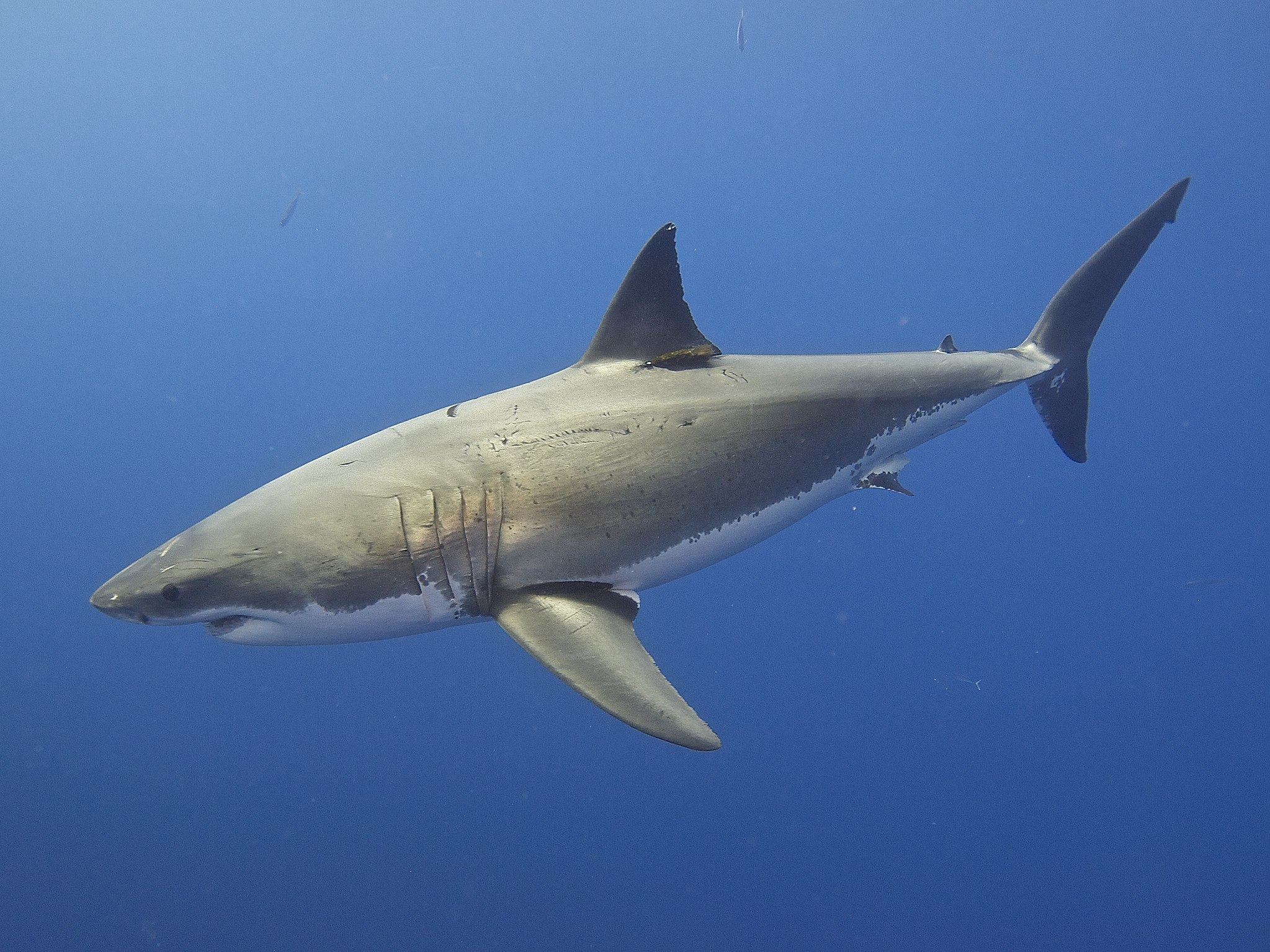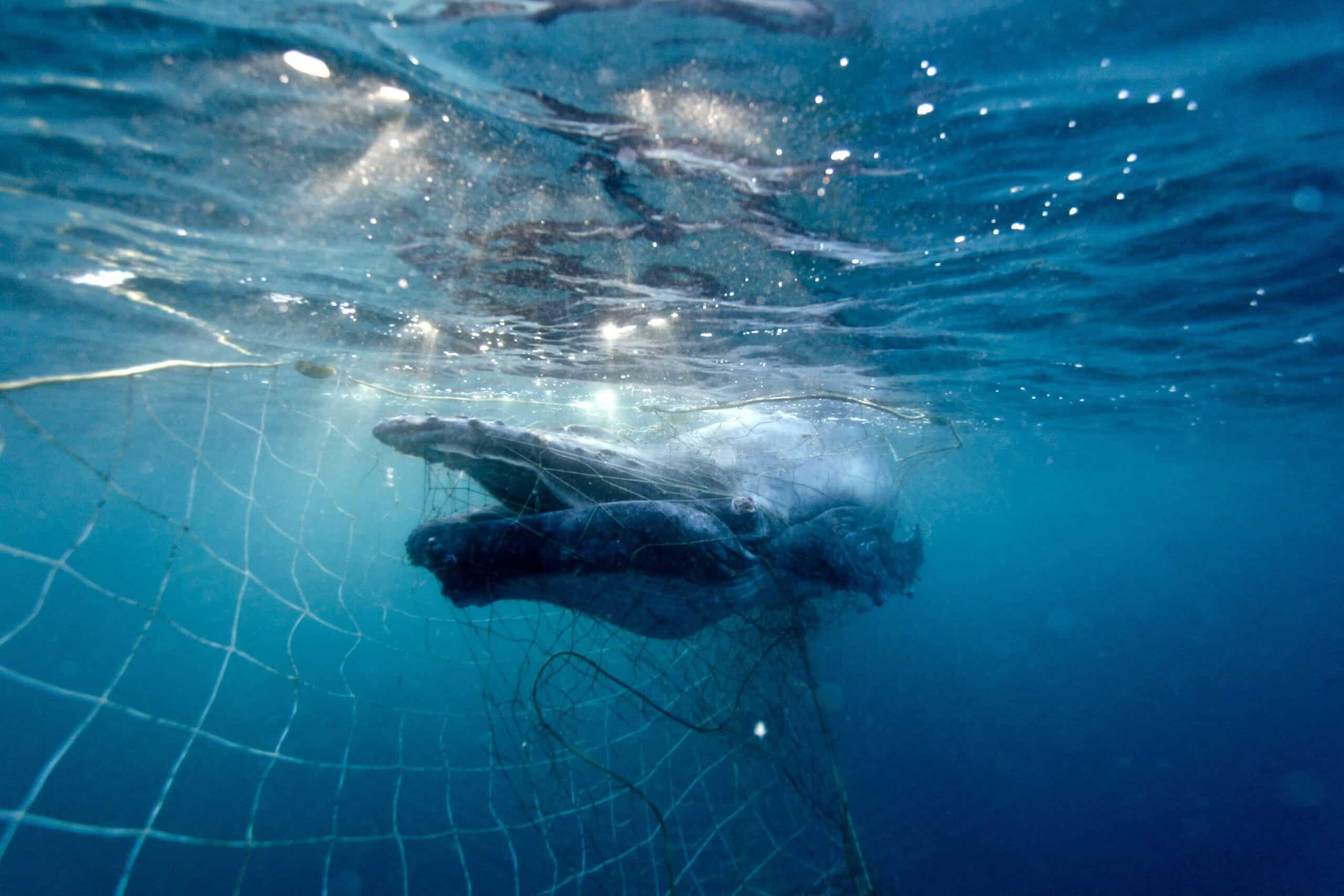Research shows that Australia’s great white sharks are highly related to each other and may consist of fewer than 500 breeding animals. SYDNEY, 24 June 2025: Latest research has found Australia’s great white shark population is much smaller than expected, increasing their vulnerability to further population threats. The population...
Humane Society International (HSI) warns that environment legislation introduced to Parliament today will fail to halt the current extinction crisis without strong standards.
The bill amends the Environment Protection and Biodiversity Conservation (EPBC) Act to create a framework for National Environment Standards and to establish an Environment Assurance Commissioner.
HSI has been calling for legally binding National Environment Standards and welcomed the standards recommended by Professor Graeme Samuel in the Independent Review of the EPBC Act. However, HSI has been highly critical of the alternative proposed standards circulated by the Government.
HSI Head of Campaigns Nicola Beynon said: “HSI would be more welcoming of the legislation tabled today if it was legislating a strong set of National Environmental Standards instead of the weak standards currently on offer from the Government”.
The bill tabled today also legislates a major loophole to undermine the standards. The bill proposes that decisions can be exempt from complying with the standards if a development is deemed in the ‘public interest’. Discretion to use ‘public interest’ is neither constrained nor defined. This is an even more concerning loophole to one already available in the EPBC Act for ‘national interest’ which has already been abused to excuse otherwise unacceptable harm to threatened species.
“Weak standards and loopholes only serve to increase the grave risks of handing environmental approval decisions to states and territories as is intended by the other bill to amend the EPBC Act that is currently before the Parliament,” Ms Beynon added.
HSI Senior Campaigner Alexia Wellbelove said: “An Environment Assurance Commissioner will only be able to add value to Australia’s environmental protection if they are providing assurance against a strong set of standards”.
“Australians care deeply about our wildlife. Australians want a healthy future for our environment where threatened species like koala, quolls and platypus thrive. We need environmental law reform to focus on achieving that future.
“We urge the government to stop with piecemeal legislation attempting to put a bandaid on extinction. A full package of reform, with strong standards as its bedrock is what was called for by Professor Samuel and is the only pathway that will effectively protect our nature,” Ms Wellbelove concluded.


